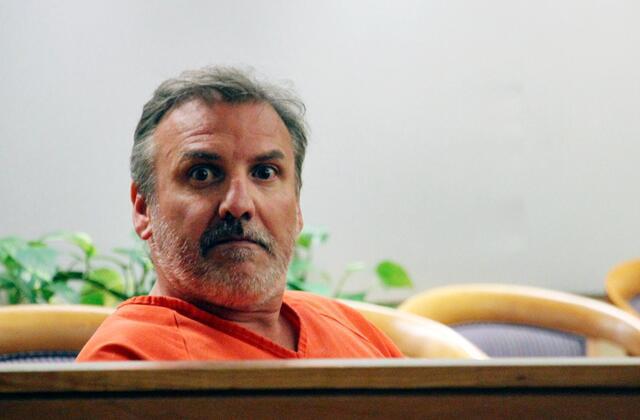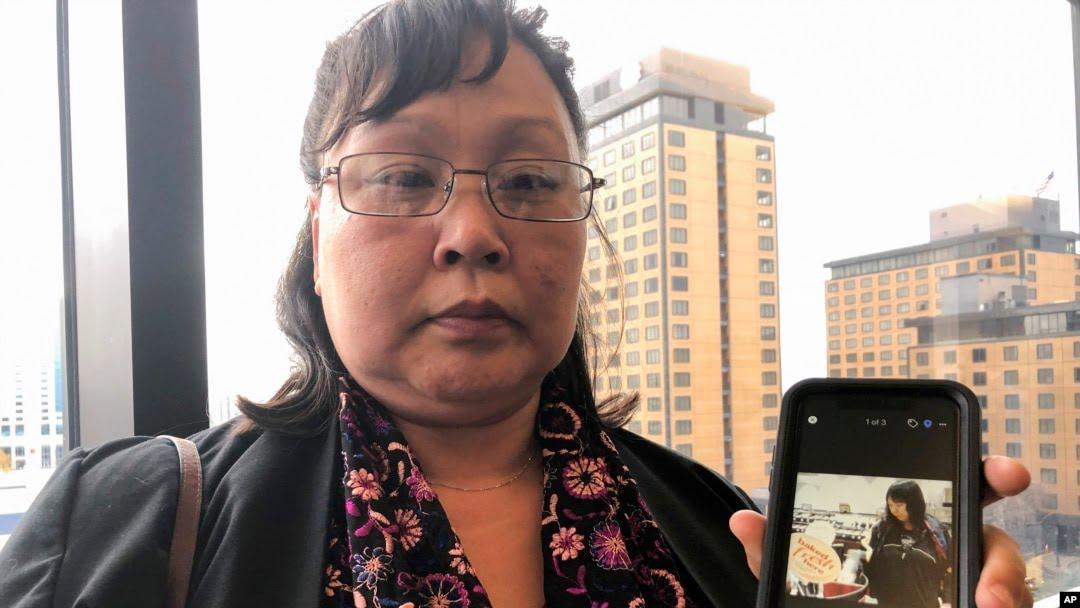A woman on her ‘date’, near downtown Anchorage, stole a digital memory card from her date’s truck, when she was alone in the truck. The card, revealing disturbing photos and videos of a woman being assaulted and murdered at a local hotel, the chilling voice of the murderer, is now central to a murder trial starting this week.
The women handed over the SD card to the police. The voice in the video from more than four years ago said, “In my movies, everybody always dies”, “What are my followers going to think of me? People need to know when they are being serial-killed.” Police recognised the voice as that of Brian Steven Smith linking it to the murder case that the police previously investigated.
About the Alaska Murder Case
Brian Smith is a South Africa native, has pleaded not guilty to 14 charges, including first- and second-degree murder, sexual assault and tampering with evidence, in the double murder of Kathleen Henry and Veronica Abouchuk, both were Homeless Alaska women. Both of them were from small villages in western Alaska, Henry from Eek and Abouchuk from Stebbins.
According to authorities, it was Kathleen Henry, the victim whose murder was recorded at the TownePlace Suites by Marriott, situated in midtown Anchorage where Smith had a registered stay from Sept. 2 to Sept. 4, 2019.

The initial images captured her body time-stamped around 1 a.m. on Sept. 4, as confirmed by the police. The last images on the card were taken early on Sept. 6 and showed Henry’s body in the back of a black pickup, according to charging documents.
Police stated that location data indicated Smith's phone was in the vicinity of Rainbow Valley Road, along the Seward Highway south of Anchorage, precisely when the photo was taken, the same area where Henry's lifeless body was discovered several weeks later.
During detectives' interrogation of Smith regarding the Marriott case, authorities revealed that he voluntarily shared additional information while being escorted to a bathroom. Days later, Smith confessed to another killing, Abouchuk's, providing details about her from a photo and disclosing the location of her remains along the Old Glenn Highway north of Anchorage, after police confronted him with the card's evidence. This led to the discovery of her remains. Abouchuk's family reported her missing in February 2019, seven months after they last saw her.
In 2018, Alaska State Troopers mistakenly identified a different body as that of Abouchuk due to the presence of her ID alongside it, the reasons for which remain unclear. However, armed with the details provided by Smith, investigators revisited the case. They utilised dental records to confirm that a skull, bearing a bullet wound and discovered in the location specified by Smith, indeed belonged to Abouchuk, as authorities have confirmed.
Smith’s Attorney argued for Exclusion of the ‘Stolen’ card from trial
Timothy Ayer, Smith's attorney, made an unsuccessful attempt to exclude the digital memory card's evidence or any mention of it from the trial. Ayer contended that this chain of custody made it challenging for prosecutors to establish the origin of the 39 photos and 12 videos, determine whether they were originals or duplicates, and confirm if any tampering had occurred.
The woman who submitted the card initially claimed to have found it on the street. It wasn't until a second interview that she admitted to stealing the card from Smith's truck while he attempted to withdraw money from an ATM, holding onto it for a week before handing it over to the police, he argued.
However, Third Judicial District Judge Kevin Saxby ruled that the woman is permitted to testify regarding her possession of the card up until she handed it over to the police. Furthermore, he affirmed that the recordings can be adequately authenticated.

"These were two Alaska Native women," expressed Dunlop, the assistant district attorney in 2019 after Smith's charges. "And I know that hits home here in Alaska, and we're cognizant of that. We treat them with dignity and respect."
Authorities disclosed that Smith, currently in custody at the Anchorage Correctional Facility, arrived in Alaska in 2014 and achieved naturalised U.S. citizenship the same month Henry was killed.
The trial is expected to span three to four weeks, and was set to commence on Monday with jury selection. Prosecutors had considered closing the courtroom to prevent the public from viewing the disturbing videos.
However, Judge Saxby later clarified that he does not intend to exclude the public from the courtroom, assuring that precautions will be implemented to prevent those in the gallery or watching the trial's livestream from being exposed to the graphic content.
©️ Copyright 2024. All Rights Reserved Powered by Vygr Media
























